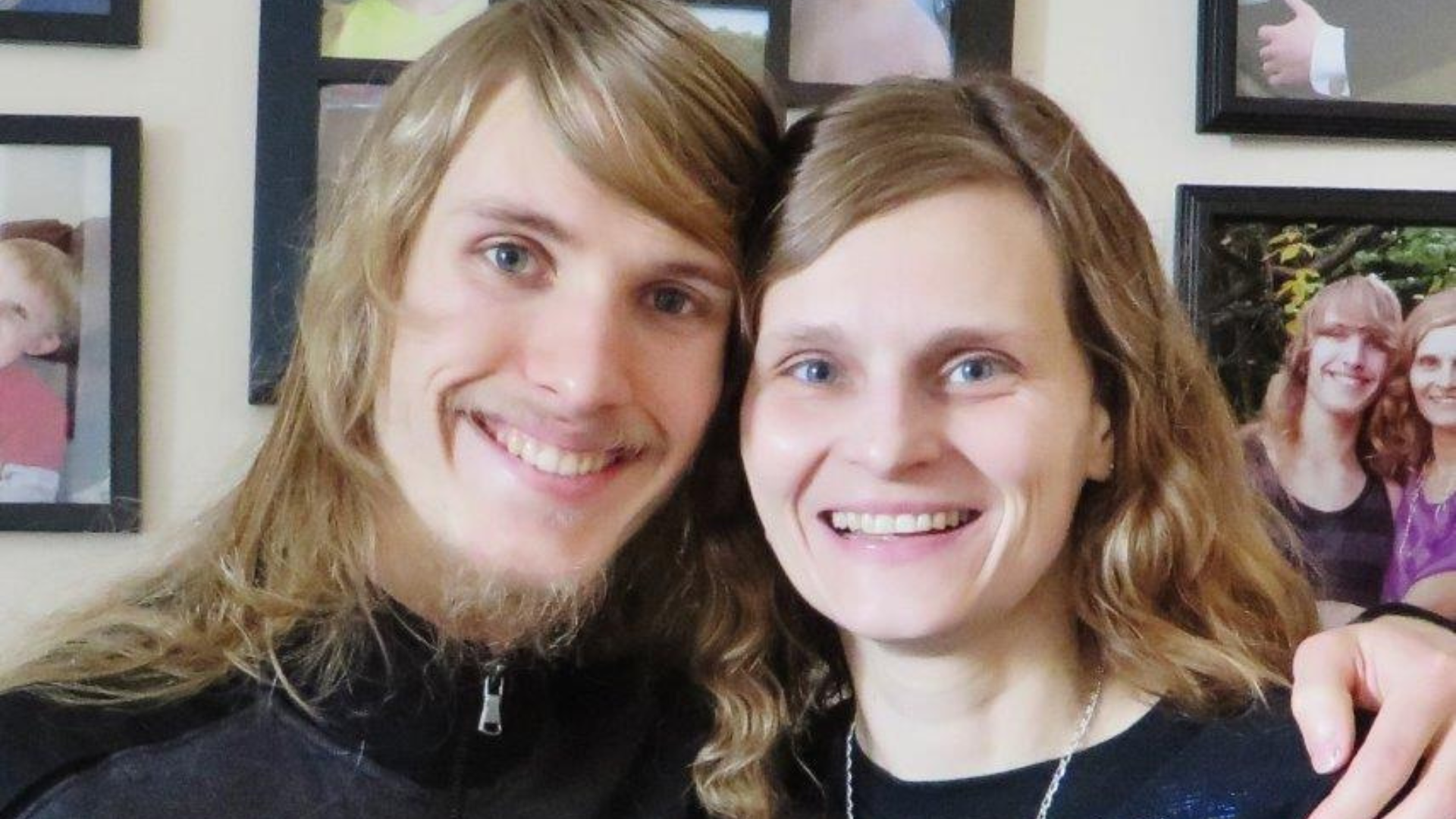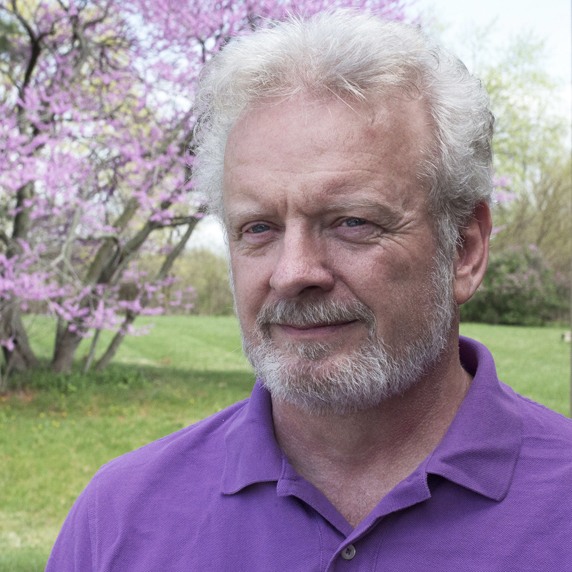One rationale people give for male newborn genital cutting (aka circumcision) is “do it, he won’t remember it.” This is a bogus claim. First, it presumes circumcision is a better-do-it-now-rather-than-later birth imperative. The second rationale, a fallacy which follows closely on the first, is that the boy’s still-developing brain is incapable of creating long-term memories. But this is not entirely true. Research has shown that the more traumatic an early experience is, the more likely it will be remembered.
Over the years I’ve had a lot of conversations with men about circumcision. Out of curiosity—and because of my own night terrors I associate with my own newborn circumcision—I asked them if they have an early recollection that they think may be related to their newborn circumcision. What surprised me was that about one out of five said yes.
In 2010, I surveyed men to determine if experiencing newborn circumcision, could lead to acquiring alexithymia, the inability to identify and express emotions. It does. Out of curiosity, I asked them if they have an early recollection, a “snapshot,” or night terror that they associate with their circumcision. Of the men in the study who were cut as newborns, 20.3 percent answered yes or maybe. Recently, I conducted a survey regarding Adverse Childhood Experiences (ACEs) and 23.4 percent of the men also answered yes or maybe to the same question.
Granted, it is impossible to verify if an early memory is true. But before you pooh-pooh these early memories, consider that the large and consistent percentages across these surveys strongly suggest that they are true. Regardless, listening and acknowledging these stories should be part of the circumcision debate.
By Dan Bollinger








